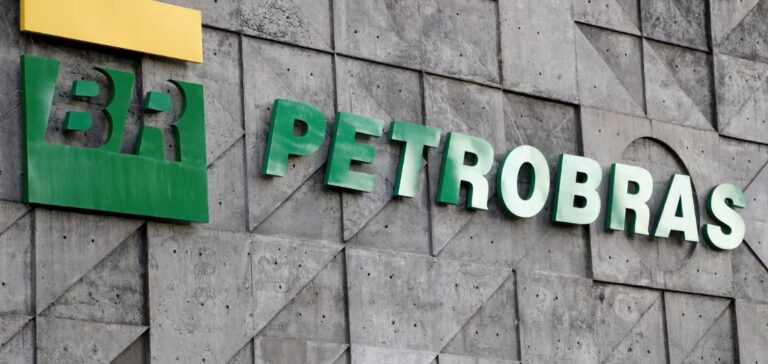India continues its strategy of diversifying crude oil supply sources with the signing of a key contract between Bharat Petroleum Corporation Limited (BPCL) and Petróleo Brasileiro S.A. (Petrobras). This crude oil supply agreement marks a significant step in strengthening energy relations between India and Brazil.
A strategic partnership for energy security
The contract, initially valid for one year with an option to extend for another year, will enable BPCL to secure a stable supply of Brazilian crude oil. This initiative is part of a broader approach aimed at reducing dependence on imports from specific regions and diversifying the country’s energy sources.
Signed by Shri Manoj Heda, Executive Director of International Trade and Risk Management at BPCL, and Claudio Romeo Schlosser, Director of Logistics, Commercialization, and Markets at Petrobras, the agreement was endorsed by senior executives from both companies as well as India’s Minister of Petroleum and Natural Gas, Shri Hardeep Singh Puri.
A boost to BPCL’s competitiveness
With this agreement, BPCL strengthens its positioning in the international oil market by securing diversified and competitive supplies. According to Shri G. Krishnakumar, Chairman and Managing Director of BPCL, this collaboration with Petrobras represents a major step in ensuring continued access to strategic crude oil sources while adapting to global market fluctuations.
By diversifying its supply portfolio, BPCL aims to better manage risks related to geopolitical tensions and oil price variations. Integrating Brazilian crude into its import network could also optimize refining costs and enhance the competitiveness of the group’s refineries.
A beneficial agreement for Petrobras
For Petrobras, this agreement consolidates its position as a reliable supplier in the Asian market. India represents a strategic destination for Brazilian crude, given the country’s growing demand for petroleum products. This strengthened trade relationship could open the door to further cooperation opportunities between the two nations in the energy sector.
Through this commitment, Petrobras reinforces its presence in Asia and secures a stable outlet for its crude oil exports. The Brazilian company continues to explore new markets while strengthening ties with key international partners.






















